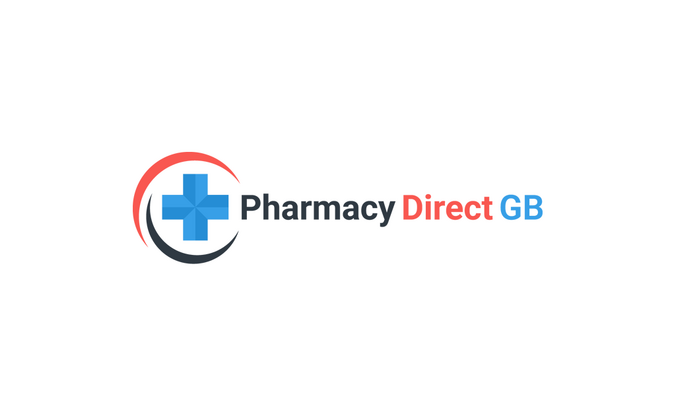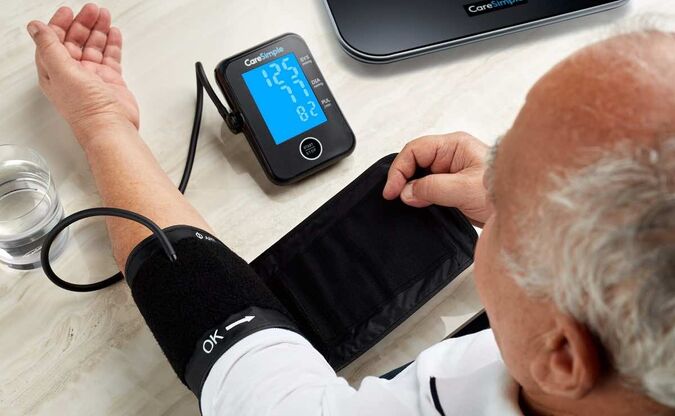Every year, Infection Prevention Week draws attention to how simple, everyday habits can dramatically reduce the spread of disease.
This Infection Prevention Week (October 19–25, 2025), Pharmacy Direct GB is proud to highlight not just steps to prevent infections — but also the importance of using antibiotics responsibly.
Why does Infection Prevention Week matter?
Antibiotics are powerful tools — but only when used correctly. Overuse and misuse of antibiotics contribute to antibiotic resistance, making future infections harder to treat.
Many people also take antibiotics for viral illnesses like colds and flu, where they offer no benefit.
During Infection Prevention Week, it’s worth refreshing how we can reduce infection risk and avoid unnecessary antibiotic use.
How do I prevent infections?
- Hand hygiene
Frequent handwashing with soap (for 20 seconds) is still one of the most effective ways to reduce transmission. Use alcohol-based hand sanitiser when washing isn’t possible.
- Catch them
Cover your mouth and nose when sneezing or coughing (into a tissue or your elbow), dispose of tissues promptly, and avoid touching your face.
- Clean surfaces
Frequently touched surfaces — door handles, mobile phones, worktops — should be cleaned regularly with appropriate disinfectant.
- Stay up-to-date with vaccinationFlu vaccinations, COVID boosters, and other relevant immunisations can reduce your risk of severe illness and secondary infections.
- Healthy lifestyle
Adequate sleep, balanced nutrition, regular physical activity, and stress management all support your immune system.
- Stay home if unwell
Avoid close contact with others when you have symptoms of infection, especially respiratory ones.
When should I avoid antibiotics?
Antibiotics fight bacterial infections, not viruses.
Conditions like the common cold, most sore throats, and uncomplicated flu are caused by viruses — antibiotics are ineffective and unnecessary. Using them in these cases contributes to resistance and can also lead to side effects.
Only take antibiotics when prescribed by a clinician who has diagnosed a bacterial infection (such as bacterial pneumonia, certain urinary infections, or skin infections).
Always complete the full course as directed, even if you begin to feel better before it’s finished.
How do I manage cold & flu symptoms safely?
When faced with viral illnesses, it’s better to relieve symptoms and support recovery rather than reach for antibiotics.
At Pharmacy Direct GB, we supply a range of cold and flu treatments to help you feel more comfortable:
- Nurofen Cold & Flu Tablets – helps soothe congestion and aches and pain.
- Solpadeine – helps soothe sinus pain and reduce fever.
- Nasal sprays – to soothe runny noses.
These symptom relief options do not treat the virus, but they do help you rest and recover more comfortably — and reduce the temptation to seek antibiotics unnecessarily.
How can pharmacists and clinicians promote safe antibiotic use?
Our pharmacists at Pharmacy Direct GB are here to help you understand when antibiotics are needed — and when they’re not.
If you’re unsure about your symptoms, contact us for a consultation before requesting an antibiotic. We offer services and advice tailored to your health.
Infection Prevention Week is an ideal reminder: preventing infections in the first place and using antibiotics wisely are both essential for maintaining public health.
Let’s all play our part — wash hands, rest when unwell, use over-the-counter symptom remedies when appropriate, and reserve antibiotics for when they are truly needed.

Find the Right Erectile Dysfunction...

Focus on Your Health This New Year

How can Pharmacy Direct GB help at...

How to Keep Motivated in Winter

National Stress Awareness Week – Reducing...


